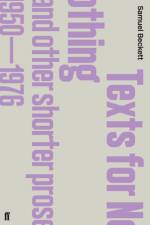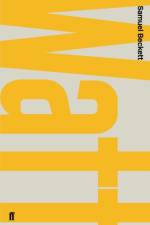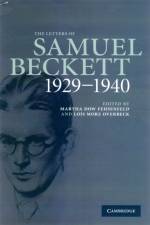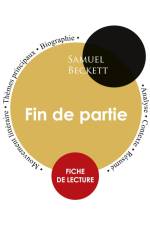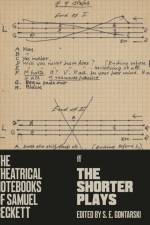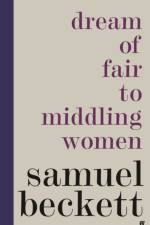av Samuel Beckett
151
Written over three months in 1946, Mercier and Camier was Beckett's first post-war work, and his first novel in French. He came to regard it as a practice piece, and set it aside to write his trilogy. Mercier et Camier was finally published in 1970, and in Beckett's English translation four years later. The eponymous heroes tramp around a city, then out of it, then back again. They are aimless, but there is something elusive that they should be doing. They arrange meetings, they drink, they argue, they discuss being shot of each other. They are preoccupied by the weather, by provisions, by a raincoat, by an umbrella, by a bicycle...'All of these ingredients in the later work are accompanied here, fleetingly, by those things in Beckett that we know but cannot really name, those things that occupy so much of the trilogy. Intangible things, traps in the mind, that voice we hear, the stop-start understanding, the ongoing bewilderment, the fear.' (Keith Ridgeway). George, said Camier, five sandwiches, four wrapped and one on the side. You see, he said, turning graciously to Mr Conaire, I think of everything. For the one I eat here will give me the strength to get back with the four others. Sophistry, said Mr Conaire. You set off with your five, wrapped, feel faint, open up, take one out, eat, recuperate, push on with the others. For all response, Camier began to eat. You'll spoil him, said Mr Conaire. Yesterday cakes, today sandwiches, tomorrow crusts and Thursday stones. Mustard, said Camier.




